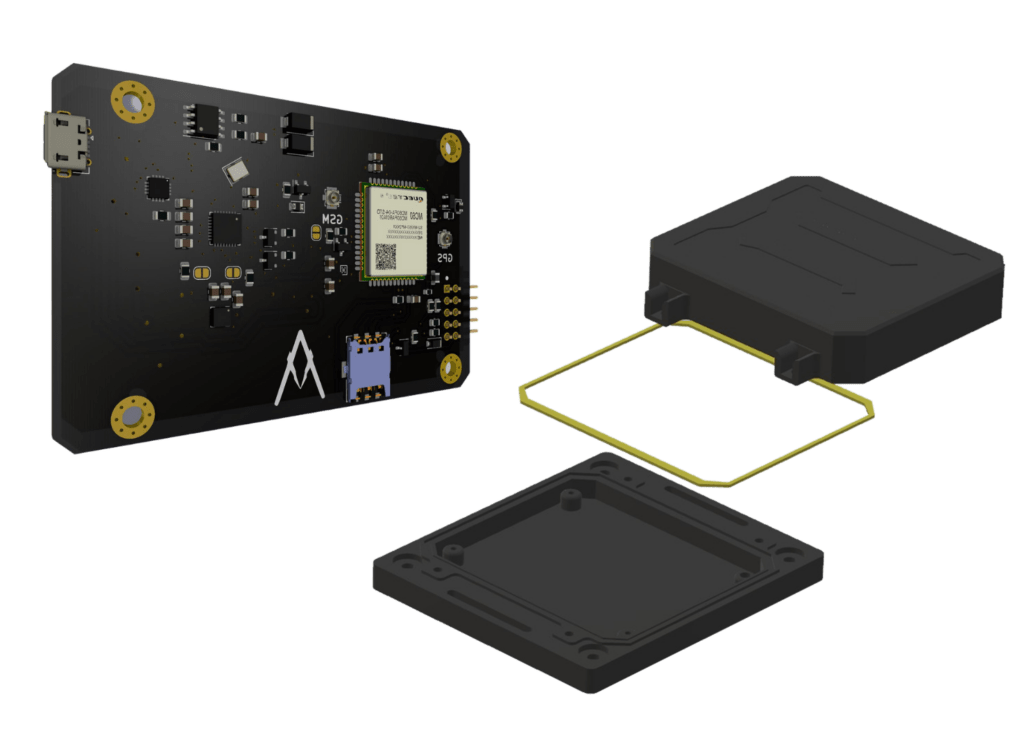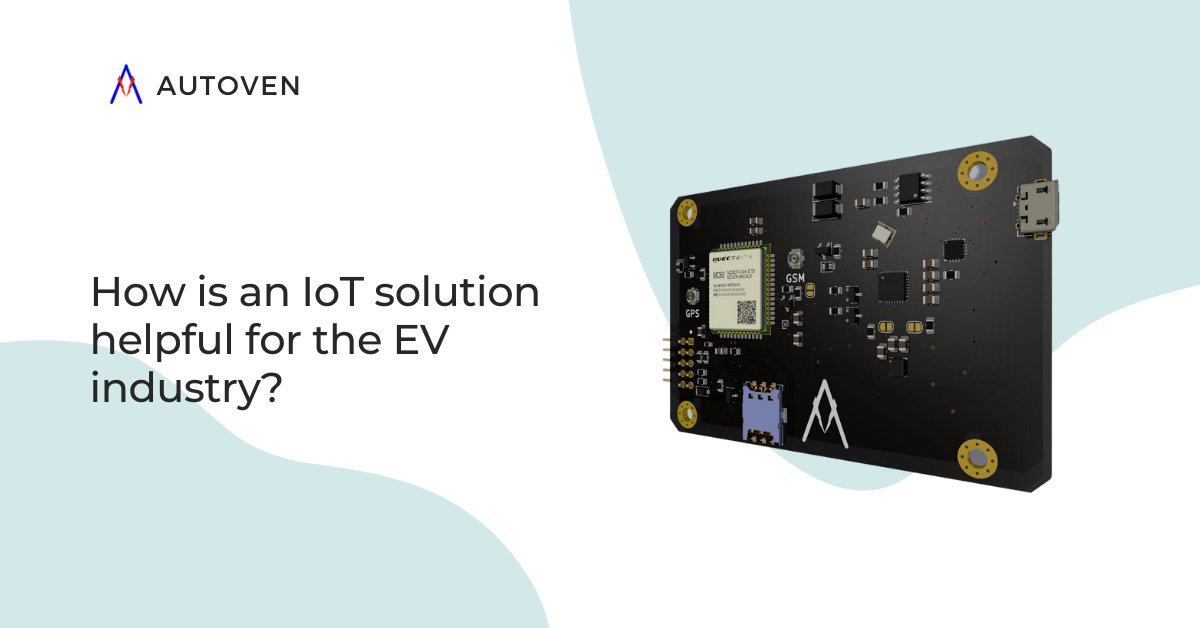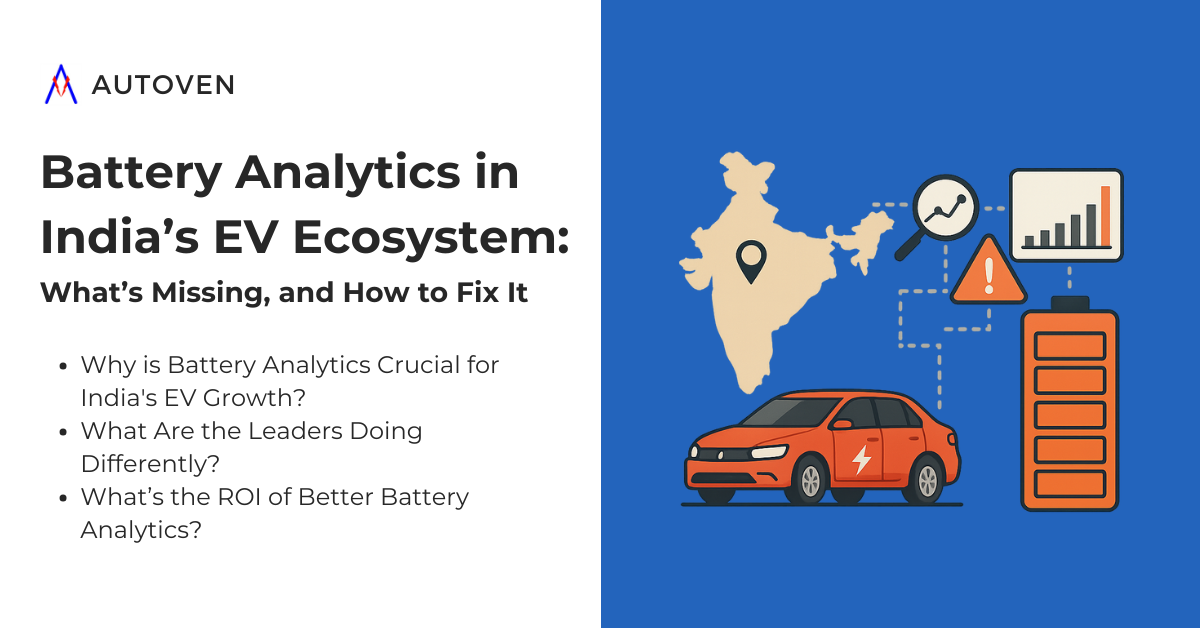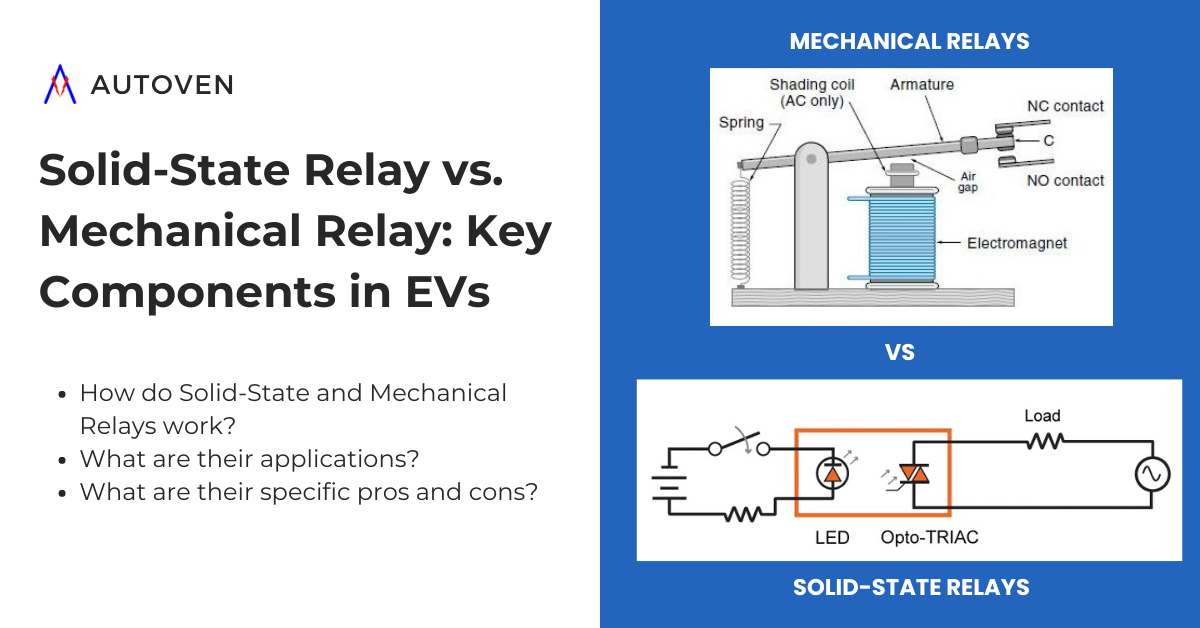The world has witnessed a tremendous transformation in the last decade with the advent of the Internet of Things (IoT) and its associated technologies. The IoT has allowed the industry to revolutionize its operations and provide them with a more efficient, productive, and cost-effective approach. One such industry that could benefit immensely from the IoT is the Electric Vehicle (EV) industry. This IoT solution for the EV industry can optimize battery performance, improve vehicle efficiency, and much more.
Electric Vehicles (EVs) and their trends are catching media attention these days. For the first time, sales of electric vehicles crossed 1 lakh units per month in India in October 2022. While this might seem like a lot, it is still less than 5% of the total vehicle sales across the country. The Indian government has set a goal that by 2030, all new vehicle sales in the country must be 100% plug-in electric. So it becomes obvious that the sales and the subsequent ramp-up of this new technology would increase significantly.
While innovators and early adopters are powering initial sales, there is still significant maturity that the majority of the populace expects before adopting new technology. Range anxiety, battery performance, aging, and servicing are still significant concerns. Adopting becomes an uphill task, coupled with safety issues, like the considerable number of vehicles that caught fire during summer earlier this year (2022).
Benefits of using IoT solutions in the EV industry:
One of the primary IoT solutions that have been implemented in the EV industry is smart charging stations. Smart charging stations use a combination of technologies, such as IoT and CAN protocols, to communicate with the EVs and ensure that it is charged optimally. This approach helps to reduce the charging time and energy consumption, leading to cost savings.
Another IoT solution that has been implemented in the EV industry is predictive maintenance. Predictive maintenance uses IoT sensors and AI algorithms to predict and identify potential maintenance issues before they occur. This approach helps to minimize downtime and reduce maintenance costs, thereby increasing the vehicle’s reliability. To learn more about the benefits of IoT in the EV industry, visit Autoven
IoT solutions for EV OEMs
For EV Original Equipment Manufacturers (OEMs), implementing an IoT solution on their vehicles can bring significant value from the production floor. Provisioning, the process of turning on a newly built vehicle for the first time and automatically registering it in the systems, can be enabled through IoT solutions. The system can sample and send a wide array of data from the vehicle to backend server systems, performing automated quality checks to ensure all vehicle parameters are within thresholds. This provides an exhaustive and accurate quality check of the vehicle while still ensuring high vehicle production throughput, which may be challenging to achieve through manual quality checks. An online log of this data provides traceability if any incident happens in the later life of the vehicle.

An IoT solution also brings transparency and insights into the operation of a vehicle early in its life cycle. It provides OEMs with insights into actual battery charge/discharge cycles and the range their vehicles can travel in various scenarios across the country. These ranges may be different from design ranges, and an IoT solution can help update these parameters remotely, helping customers better plan their rides based on the actual range the vehicle can deliver. It can also capture aging and environmental parameters for more accurate predictions.
For OEMs giving distance-based warranties for battery performance, tracking the vehicle’s odometer and superimposing that on the charge-discharge cycles at the battery level becomes a critical parameter to monitor. It can be adjusted quickly during initial sales and designs to ensure that warranty costs don’t become prohibitively expensive. IoT solutions can help EV OEMs improve their production processes, gain valuable insights into their vehicles’ performance, and optimize warranties and customer satisfaction.
IoT solutions for EV fleet management
In the EV industry, IoT solutions are a transforming force with fleet management benefiting significantly. IoT solutions for EV fleet management optimize fleet performance, reduce battery consumption and maintenance costs, and increase productivity. Real-time vehicle tracking enables route planning optimization and reduces idle time. Driver behavior monitoring reduces battery consumption and maintenance costs while encouraging safe and efficient driving practices. Remote diagnostics and troubleshooting identify and address issues before they lead to significant problems, reducing downtime and maintenance costs. All of these solutions improve the overall efficiency of EV fleet management.
Future of IoT in the EV Industry
The future of IoT in the EV industry is promising, with the integration of AI and 4G/5G technologies. The integration of AI will enable IoT solutions to learn and adapt to the vehicle’s performance, leading to further optimization of the EV’s operations. The adoption of 4G/5G will come with faster response and communication, which can help to get data more real-time.

Challenges in Implementing IoT Solutions in the EV Industry
One of the significant challenges of implementing IoT solutions in the EV industry is data privacy and security. EVs store sensitive data, such as the driver’s location and driving habits, which can be compromised if not secured correctly. Another challenge is interoperability, where different IoT solutions are incompatible, leading to data silos and reduced efficiency.
At Autoven, we are aware that data privacy is the most crucial requirement. Our IoT devices collect data stored on highly secure servers that can be scaled to meet demands. We ensure that information saved on servers is readily accessible and suffers no data loss. Visit our product page to learn more about AV IoT.
Conclusion
The EV industry is only beginning to be transformed by IoT solutions, which offer smart solutions for optimizing charging, fleet management, and predictive maintenance. By utilizing real-time data collection and analysis, an IoT solution can enhance the overall customer experience by providing drivers with personalized and convenient charging options. However, issues like data privacy and security, interoperability, and cost must be addressed. At Autoven, these issues are met with highly scalable and secure servers that can be grown to millions of vehicles while maintaining zero data loss and data operability.
One concern that OEMs may have is whether these end outcomes can be achieved through IoT solutions and the potential costs and time commitments required. Our backend servers are equipped with provisioning capabilities that automatically register new IoT devices to our databases. We have customizable automated QC checks for validating vehicle performance and flagging concerns.
Our clean and intuitive dashboards provide significant insights into EV health and history, including battery charge/discharge cycles, odometer readings, and operating temperatures. Algorithms are also available to offer complex predictions for the estimated remaining life of a battery pack. Our IoT solutions are designed to work with any IoT hardware and data protocol. Our scripts convert existing data formats into our standard formats for use with all our algorithms, analytics, and dashboards. To know more about the dashboard and analytics that Autoven provides, visit AV Dashboard.
Furthermore, the Indian government has mandated that all L Category EVs maintain at least a month’s worth of critical battery parameters, providing a great opportunity for OEMs to adopt IoT solutions and benefit from their value, ushering in a safe and clean era for mobility.



